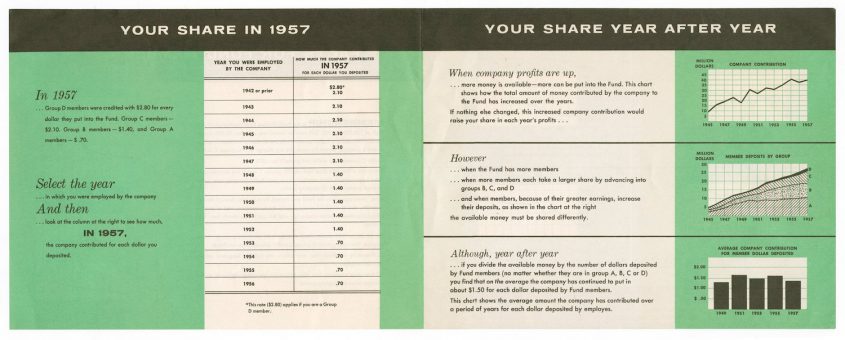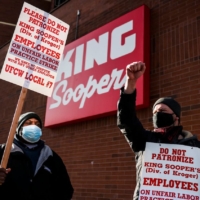Jacoby Comments on Employee Profit-Sharing in Sears’ Heyday
Sanford Jacoby, distinguished professor emeritus of public policy at UCLA Luskin, commented in a front-page New York Times article about the remarkably egalitarian employee profit-sharing program offered by Sears in its heyday. Before it was phased out in the 1970s, the stock-ownership plan allowed Sears workers at all ranks to build a comfortable nest egg. “People were retiring with nice chunks of change,” Jacoby said. “People loved this fund, and Sears was a wildly successful company.” But the approach favored men over women and also made workers even more exposed to their employer’s fate, said Jacoby, who also holds professorial appointments in history and management at UCLA. The article contrasted the program at Sears, which has declared bankruptcy, with policies at Amazon, which recently lifted its minimum hourly wage to $15 but also stopped giving stock to hundreds of thousands of employees. The decision underscores how lower-paid employees across corporate America have been locked out of profit-sharing and stock grants, the article said.








Leave a Reply
Want to join the discussion?Feel free to contribute!